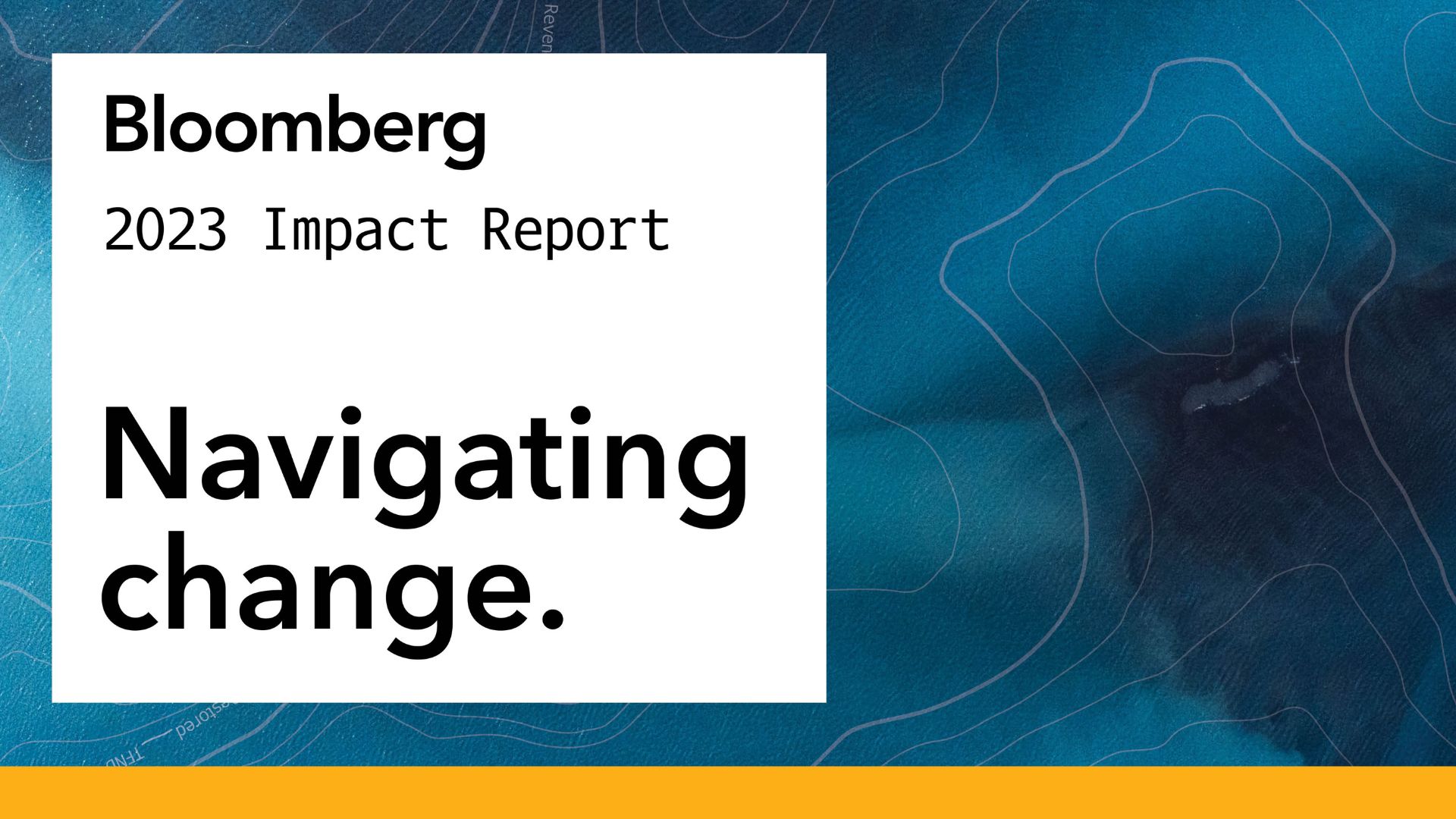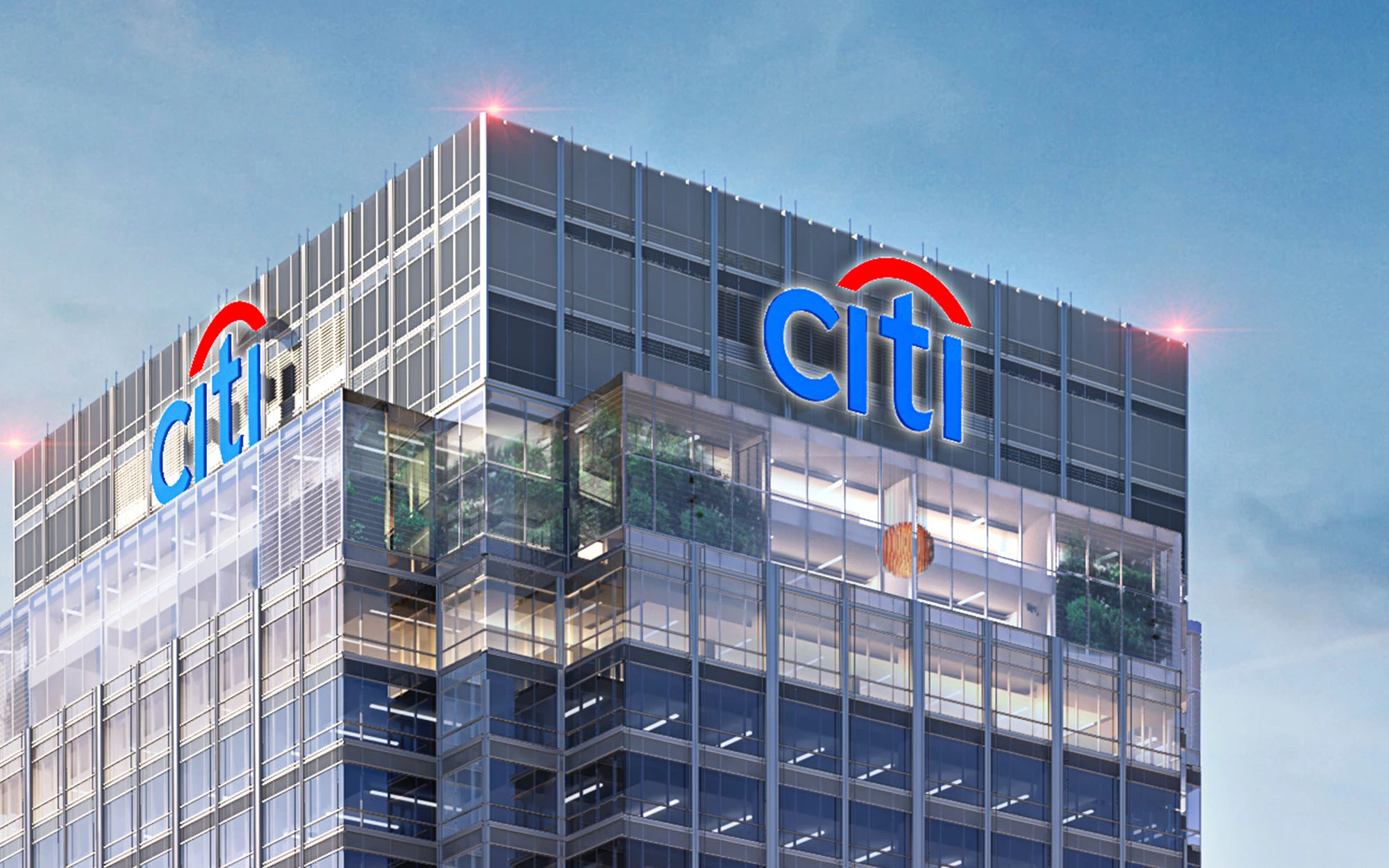Some Companies Are Ahead in the Race to Net Zero, BCG Reports

|
Listen to this story:
|
A new study by CO2 AI and BCG has found that companies are not making much progress in comprehensively measuring and cutting their emissions. The study, which surveyed 1,850 executives responsible for emissions measurement, reporting, and reduction in their organizations across 18 major industries and 23 countries, found that only 10% of companies reported comprehensively measuring all their emissions, revealing no improvement relative to the 2022 survey. More concerning, only 14% of companies indicated reducing emissions in line with their ambitions, down 3pp from those reporting the same in 2022.
The study found that several factors are hindering companies’ progress on emissions reduction, including difficult macroeconomic conditions and capital constraints. However, the study also found that some companies are making progress, and that these companies disproportionately display four notable traits:
- They collaborate with suppliers and customers on emissions measurement and reduction.
- They calculate emissions at the product level.
- They harness the power of digital technology in the emissions management process.
- They consider emissions-reporting regulations to be a key enabler of reduction.
Klöckner & Co: A Pioneer in the Sustainable Steel Industry
Klöckner & Co is a leading steel service company worldwide, with more than 90,000 customers. The company is a pioneer in the sustainable steel industry, and has developed a proprietary Product Carbon Footprint (PCF) calculation engine, the Nexigen PCF Algorithm. This algorithm has calculated more than 200,000 PCFs, and each PCF calculated is accompanied by a TÜV SÜD certificate that is available to Klöckner & Co’s customers with each green material purchased.
Klöckner & Co has also developed a solution, Nexigen Data Services, that enables customers to see the carbon footprint of their past purchases and offers greener alternatives for future purchases. Felix Schmitz, CEO of Klöckner & Co subsidiary Kloeckner Metals Germany, comments, “Green steel is the way forward, and we arm our customers with decision-useful product-level data. This information enables customers to make green purchase decisions, and it sends a demand signal back through the whole supply chain.”
As a result, Klöckner & Co’s customers are empowered by knowing the exact carbon footprint of each product and can easily choose greener alternatives.
Harnessing the Power of Digital Technology
Technology solutions improve accuracy and efficiency when assessing emissions and can help identify innovative ways to reduce them. Our survey finds that companies with automated digital solutions for measurement are 2.5 times more likely to measure their emissions comprehensively. In addition, surveyed companies listed technology adoption and use as the leading strategic enabler for improving emissions reduction in their organization.
The Economist Group: A Case Study in Digital Technology for Emissions Management
The Economist Group, a global media and information services company, deploys CO2 AI’s data platform, an end-to-end sustainability platform that helps large, complex organizations manage their sustainability goals by measuring and reducing emissions at scale. The company uses CO2 AI to automate its emissions measurement process, which has saved time and resources and allowed the company to focus on emissions reduction.
Viewing Regulations Positively
Companies that are reducing their emissions in line with their ambition are twice as likely to view emissions-reporting regulations as helpful guidance to their emissions measurement approach and twice as likely to view the regulations as an enabler of emissions reduction. These findings suggest that, in addition to the internal company practices highlighted above, external reporting mechanisms can play a pivotal role in advancing emissions reduction.
Through collaboration, product-level assessments, and digital technology, companies can find the data and strategies they need to close the gap between their actions and their ambitions in reducing emissions. Progress in these areas will not only alleviate the burden of climate change but also deliver a boost to the bottom line.
Related Article: EU Sets Global Standard for Methane Emissions Reductions
The authors thank Laurent Acharian, Juliette Callahan, Jack Higham, Heather Nowaczyk, Joe Vasquez, and Eva Wilde for their contributions to the analysis and writing of this report.
This research was a collaboration between BCG and CO2 AI, an enterprise sustainability management platform that helps companies master their end-to-end net zero journey.







